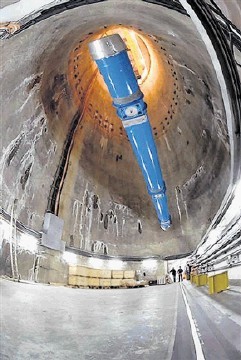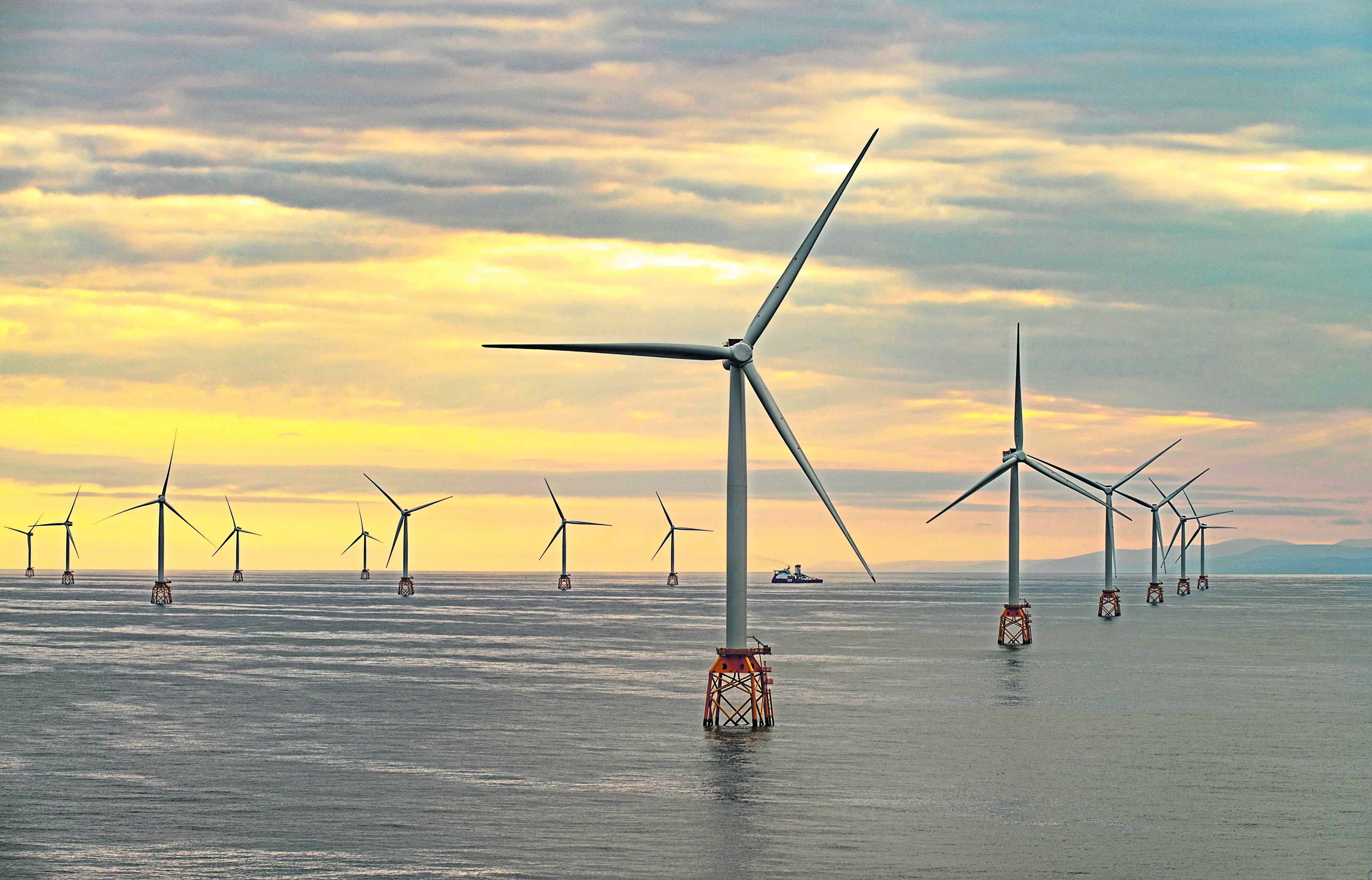
I WONDER if it’s too late for me to become a physicist because I find the hunt for the Higgs Boson utterly fascinating.
The importance of identifying and possibly isolating this elementary particle cannot be underestimated given what it might do for dramatically improving our knowledge about how our universe ticks.
It could open up a large number of opportunities for spectacular innovations some of which might be real science fiction-type stuff.
If the Higgs Boson gives other particles mass might we be able to remove the mass effect and ultimately be able to build things that can defy gravity?
Of course I’m “visioneering” here but the fact is that the hunt for the Higgs Boson is one of those wonderfully inspirational stories that can’t help but fire one’s imagination. I love it.
In contrast though and despite a huge effort on my behalf I just cannot muster up anything like the same amount of enthusiasm for the European Union.
The EU started life as a free trade area. But, whilst we weren’t looking, seems to have morphed into something that has grown not just arms and legs but long sticky tentacles that now attach themselves to nearly every aspect of our lives and especially businesses.
I’m very uncomfortable particularly with the role and power wielded by the European Commission. I didn’t vote for any of these people. Did you?
As if the growth in the bureaucratic burden wasn’t enough I have to say that the introduction of the euro was just about the most idiotic idea ever.
The concept that you could impose a mechanism that dictated that the value of the German currency was the same as that of Greece or Portugal was simply never going to work. Now, of course, the stupidity of trying to force a one-size-fits-all currency policy on such a mishmash of different countries is coming home to roost – dangerously so.
For the energy industry the question is whether a possible collapse in the euro or the UK quitting the EU matters and would it hurt us? There’s also the issue of whether an independent Scotland should vote to join the EU and sign up to the euro. What are the implications of all this on Scotland’s energy sector?
I see two main issues. The first is regulation. We already know that Brussels is intent on taking control of the UKCS; but as Oil & Gas UK rightly said, “relinquishing regulatory control to the EU, which has no established competence in this matter and where only three out of the 27 member states have an offshore oil and gas industry of real scale, risks undermining safety and environmental performance here in the UK.”
Why would the EU want to do this anyway? As Energy’s editor pointed out some months ago, what makes them think they can do better or that they have the right to impose their bureaucracy on an industry that has already got over 30 years’ experience under its belt?
The answer is that it believes in the centralisation of control over all resources for the common benefit of the EU. Inevitably, therefore, regulation on safety would soon lead to it demanding control of licensing and taxation and all other aspects of the oil and gas sector.
It’s what bureaucrats do. They have to interfere and they have to control. They will want to establish a Common Energy Policy.
Given the mess the EU made of the Common Fishery and Agricultural Policies I wouldn’t trust them to organise a proverbial drinking fest in a brewery. Again, Energy’s editor, who has direct experience of the fishing industry, has commented on this.
The second issue is market access. Most overseas markets for Scottish oil and gas and renewables expertise and products are now in non-EU countries. Of course the industry does sell some goods and services to member states but the bigger and expanding markets are in the Americas, Africa, Middle East, Asia-Pacific and of course Norway.
The energy world is bigger than the EU and fortunately most of it pays in currencies other than the euro.
What about EU companies operating from the UK? Norway aside, much of our subsea capability is now EU-owned but would their attitude to the UK change if we left the club?
I doubt it. We may not own these companies now but a very large percentage of their management and staff are from the UK and it’s that talent which makes these companies what they are.
Overall then the risks to the energy industry from a euro break-up or the UK quitting the EU seem to be low.
It suggests the UK and particularly a future independent Scotland could benefit from adopting a Norwegian style semi-detached form of membership which certainly seems to have worked well for them.
Norway has become a global energy sector technology player and it still controls its own fisheries, agriculture and energy policies.
What is also clear though is that when Europe sets up collaborative projects such as CERN (it pre-dates the EU per se) where the Higgs Boson research work is going on, it does well. But when it interferes in markets and regulatory affairs it fails miserably. It needs to stick to what its good at and do less. Then I might get enthusiastic about it again.
Recommended for you
